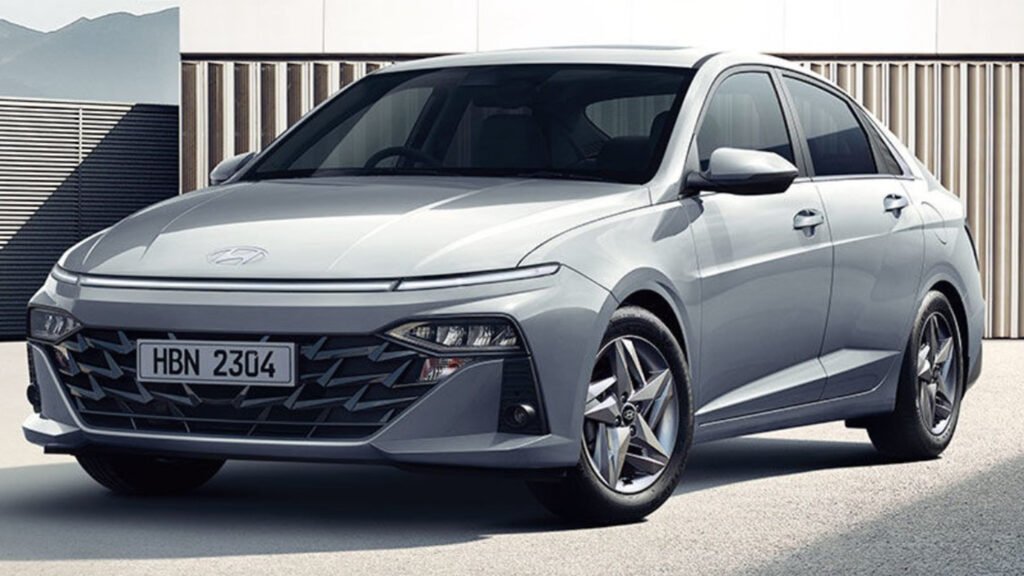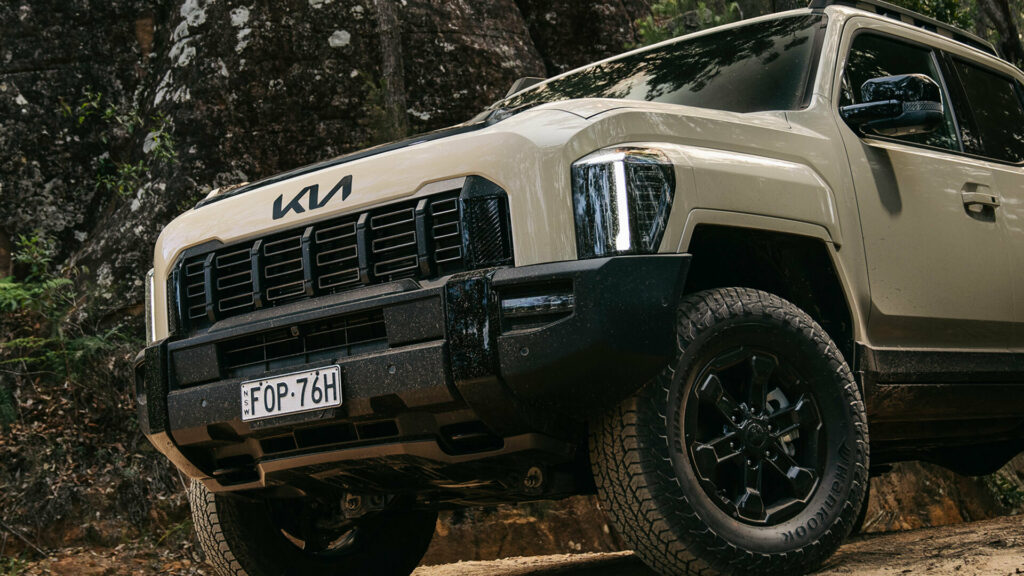Hyundai has formed a joint venture with Saudi Arabia’s Public Investment Fund for a new factory
51 minutes ago

- Models from Hyundai and Kia hold a 23 percent share of Saudi Arabia’s new car market.
- Hyundai’s best-selling local model is the Accent, while Kia’s is the Pegas sedan.
- In the third quarter, Kia will launch the Tasman pickup in the local market.
Hyundai and Kia are edging closer to unseating Toyota as the best-selling automotive brand in Saudi Arabia. While the strong performance of the two brands in the local market may come as quite a surprise, they are investing heavily in the Kingdom, even recently breaking ground on a new factory there.
Through the first half of 2025, Hyundai and Kia accounted for 23 percent of the 412,920 vehicles sold in Saudi Arabia. This places them narrowly behind Toyota, which accounted for 28 percent of sales. Hyundai’s Accent sedan is proving to be especially popular in the nation, with 19,080 examples finding new homes. For Kia, the Pegas sedan is its best-seller, shifting 15,530 units during the January-June period.
Read: A New Hotspot For Car Production Is Rising In An Unexpected Place
A growing number of Chinese brands are also selling cars in Saudi Arabia. Combined, these brands have accounted for 12 percent of total sales, Just Auto reports.
Saudi Arabia is becoming an increasingly important Middle Eastern market for car manufacturers. The Kingdom owns a majority stake in Lucid through its Public Investment Fund (PIF) and has helped the American EV maker open a local factory that will eventually have the capacity to manufacture up to 150,000 EVs annually. Similarly, Saudi Arabia has worked to woo the Hyundai Motor Group to its shores.

Thanks to a newly established joint venture between Hyundai Motor Manufacturing Middle East and the Public Investment Fund, which owns 70 percent of the venture, a large production facility will be opened in the fourth quarter of 2026. This site will have an annual production capacity of 50,000 units and be responsible for building both EVs and vehicles with internal combustion engines.
Hyundai has yet to specify which of its models will be manufactured at the site, nor has it said if it will also build cars from the Kia and Genesis sister brands.


